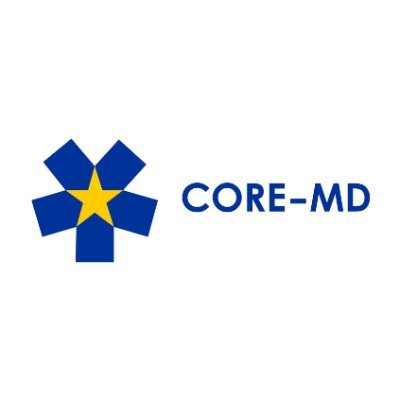
YOUNG EAP BLOG | CHILDREN ON THE MOVE – 3 YEARS ON
OCTOBER 2022 Children on the move – 3 years on. In 2019 the Young European Academy of Paediatrics (YEAP) authored a blog on children on the move, advocating for European policymakers to prioritise an inclusive approach for these children from both a…



